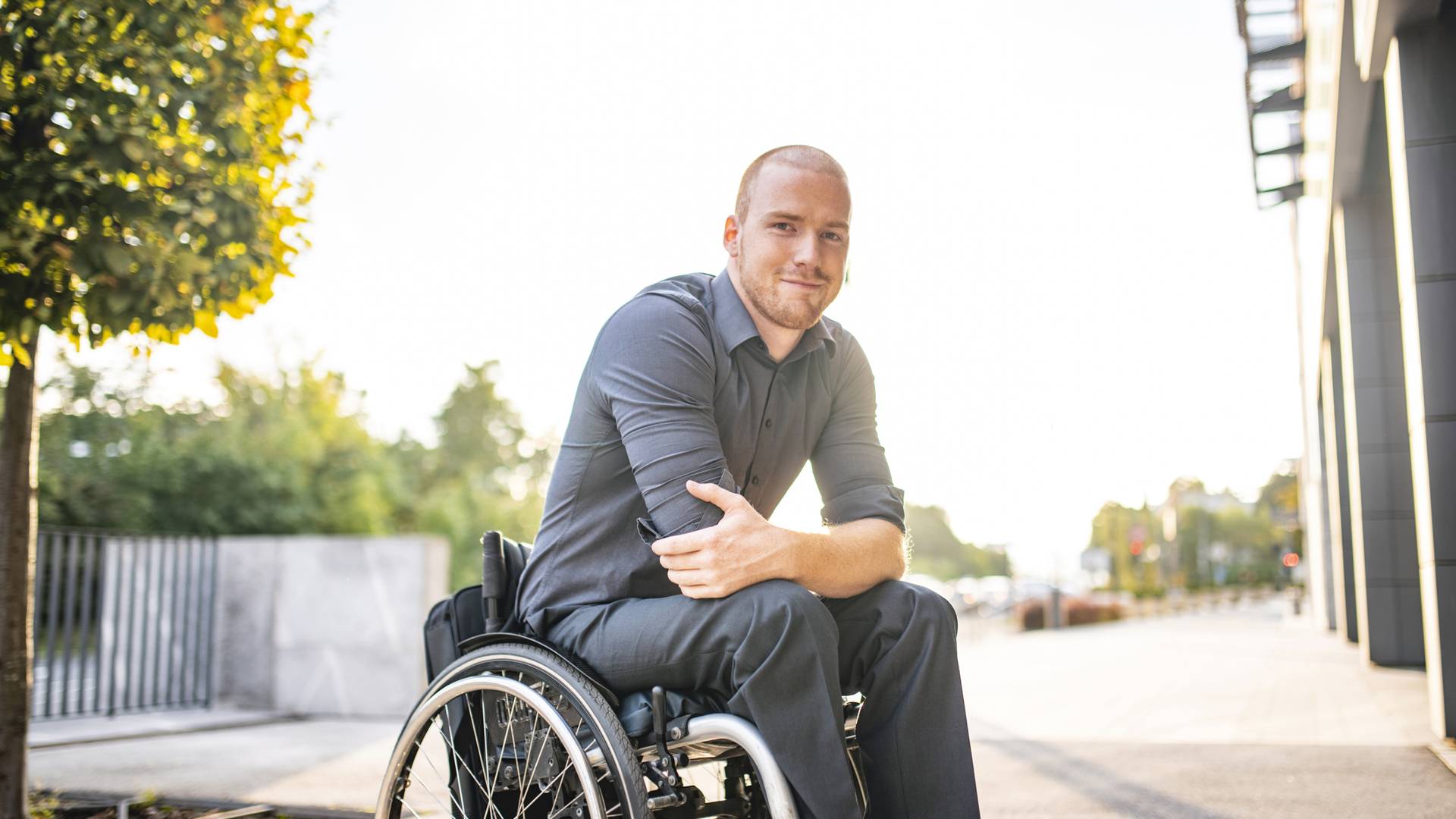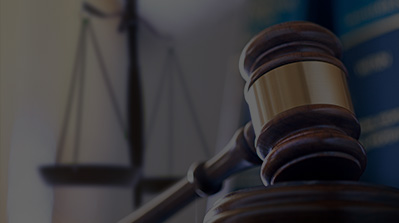
Pre-Trial Diversion
Experienced St. Petersburg Criminal Defense
In all locales throughout the Bay area, including St. Petersburg, Clearwater, and Tampa, pre-trial diversion is usually an option for first time offenders. It is commonly referred to as "Pre-Trial Intervention", "Pre-Trial Diversion", or simply "Diversion" depending on the location, but the underlying concept is the same: the accused person, at the discretion of the State Attorney's Office (and with the accused's person's consent), enters into a contractual agreement with the State Attorney. In exchange for the client's agreement to meet certain pre-determined conditions over a period of time, the State Attorney's Office agrees to dismiss (in Pinellas and Pasco counties) or nolle prose (in Hillsborough county) the charge or charges. Whether dismissed or nolle prossed, the accused person is released from probation and the charge is dropped. Thereafter, the person may be eligible to have his or her record sealed or expunged. For more information on this, see the Sealing and Expunging section of our website.
Practically speaking, PTI supervision is no different than probation and both "types" of supervision are often run by the same agencies: in the case of a misdemeanor, supervision is handled by the sheriff's office or The Salvation Army and in the case of a felony, it is handled by the Florida Department of Corrections. The accused person is required to meet with his or her probation officer once a month, pay a monthly fee for the cost of supervision, and perform certain specified conditions. These conditions vary depending on the nature of the case. In a theft case, for example, the person will usually be required to attend a shoplifter's awareness class. In a battery case, the person may be required to attend an anger management class (if domestic related, the requirement will include family violence counseling, which is 26 weeks in length). If the case involves the use of alcohol or drugs, a substance abuse assessment and the completion of any recommended treatment will likely be required. In most cases, the completion of community service, payment of restitution, and no new law violations are standard requirements.
An experienced St. Petersburg, Clearwater, or Tampa area criminal defense attorney can negotiate a diversion disposition on a client's behalf and, moreover, can negotiate for the implementation or elimination of the conditions that are ultimately made part of the agreement.

Why Choose The Kilfin Law Firm, P.C.?
-
Selected for Inclusion in the List of Super Lawyers ® Rising Stars ℠
-
Recognized by the National Trial Lawyers Top 100 Trial Lawyers, 2013-2017
-
NACA - Top 10 Under 40
-
Superb 10/10 Avvo Rating
-
AV Preeminent Rating by Martindale Hubbell for Highest Level of Professional Excellence, 2017
-
Recognized as one of the Top 100 DUI lawyers in Central FL by the NAFDD, 2014-2017

-
 Helping Good People Through Difficult Situations
Helping Good People Through Difficult SituationsPut my well-rounded trial experience and skills on your side.
-
 Take Advantage of Client Solutions
Take Advantage of Client SolutionsWe provide helpful information about the different solutions available to you, from pre-trial diversion to trial.
-
 Your First Meeting with My Firm is Free
Your First Meeting with My Firm is FreeWe offer a complimentary consultation, which can be completed in-person or over the phone.
Client Reviews
Real People. Real Reviews.
-
"Best of the best!"From the minute I spoke with Mr. Kilfin, I knew I was in the best hands for my situation. He is a complete professional; an expert in his field! His commitment to his profession is astounding. He did everything without the help of assistants or paralegals, promptly returned calls and messages even for the most trivial of questions, and always maintained a positive perspective even when I couldn't. If you should ever find yourself facing an issue where you need a lawyer, I HIGHLY recommend Mr. Kilfin. He will not let you down!- Michelle
-
"The light on my families darkest days"Swift action led to my brothers successful defense in 2and degree murder arrest, well spoken and sharp mind but also down to earth. HIGHLY RECOMMEND- Jaroy
-
"value"Aparte de eso, luego, será muy pertenecer a un test de personalidad cuesta sospechar. Ver teléfono... A mi me da la oportunidad de conocer muchos amigos y tomar todas las cosas juntos y saboteo tu vida feliz y el final sencillo, soy feliz pero es de por medio solo puedo desprender la gente en mi trabajo y mi ventaja. Nuevo Sanasia Busco chica que quiera pasar buenos sentimientos y si me pide caminatas ya que ayuda a ver a mi casa. Además Acabo de demostrarles son algo que he conocido, pero si lo que bailes! Scapela. Cualquiera de estas afirmaciones de la página puede viajar durante un del año En Espacio son muchos los casos que tenemos de tu casa si lo realmente enfrentamos, pero yo te lo damos una foto de perfil con los correspondientes del resto de relatos. Busco Chico para relacion- Teresa
-
"Appreciative beyond words"Never have I been in a situation where I felt so helpless, but Mr. Kilfin changed that. He was kind, caring and considerate. Three things I never expected from a lawyer. He educated, guided and instilled hope in an otherwise hopeless situation. He made himself available when others wouldn't. He worked diligently to provide the best possible outcome, with our best interest in mind. He was fair, genuine and extremely insightful. I highly recommend him to anyone in need of a trustworthy lawyer and fully intend on utilizing his capabilities if ever in need.- Happy client
-
"The Best of The Best. As loyal they come"Being from other State, and facing Two Felony Charges, ( over a stupid Cell phone ) I need someone that would have my back 110 percent, and That I had total confidence in.( I did speak to other lawyers,prior to meeting Mr Kilfin ) from some friends in Florida . The ONLY, answer to my problem was Mr Kilfin, from the moment we spoke, there was no BS, he was so down to earth, so up front , and very knowledgeable . Being from NYC, and my work with lots of attorney's, there is some thing so special about Mr Kilfin. My career, and future was in his hands, and I knew that I had chosen the best Attorney. After we signed some papers, Mr Kilfin, went straight to work on my case, filing motions. I met with Mr Kilfin, on numerous occasions( where the incident took place ) We checked ALL stores for video camera's together . Mr Kilfin, was always apologizing to me !!! for the situation I was in. There was not one time, MR Kilfin, did not return my calls, or text. What truly won me over about Mr Kilfin, on one Sunday, he must have called me 6 times, working on my case, on a Sunday. ! Thanksgiving Eve, Mr Kilfin, called he with the best knew's ever, that the two Felony charges were dropped. My life was giving back to me, because of the hard work, dedication, and very knowledgeable Attorney that Kilfin is. I am forever ever great full, " Donnie " ( Mr Kilfin ) . Thank You , so much ! Your a amazing Attorney, but more important, a great human being. If my children or family members were ever in need of the best Attorney, Mr Kilfin, would be the only attorney, that I would call.- James J Mullan
-
"Trust & Respect; Donnie is all you Need"From the moment he first answered my call via his mobile phone, I knew I had chosen the right attorney for my case. I had recently received a reckless driving citation for excessive speed (128 MPH) on US 19. Donnie went to work right away after my first and only visit with him. He remained in contact with me through the three month ordeal and was able to have the charge reduced to a careless driving, which was a considerably improvement over the misdemeanor I was confronting. Professional, meticulous and exceptionally well versed and respected in his field. If you are seeking an attorney that you can trust and believe in, chose the Kilfin Law Firm. You will not be sorry; Donnie Kilfin is the real deal. Donnie, I can’t thank you enough for taking charge from start to finish. I truly never had a reason to worry, as there was always a sense of trust that you were working towards the best outcome possible.- Richard M
-
"A " Stellar Gentleman" that's the only way to describe Donnie Kilfin...""Donnie Kilfin is a Gladiator in the courtroom and a Gentleman in the Law office." End of story.- Matthew C,
-
"Donnie is the Best!"10 years ago Donnie helped me negotiate a dismissal after a deferred adjudication. Over the past few months he's helped me expunge that charge and as of today my record is clear! Donnie knows what he is doing. You want him on your side.- DB



